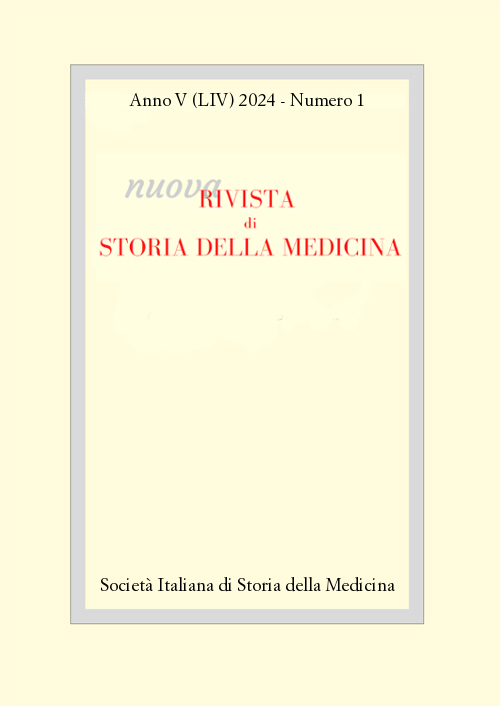A Matter of Blood. Female Health and Impurity in Byzantine Medical and Canonical Discourses
DOI:
https://doi.org/10.13135/2724-4954/10010Keywords:
Hippocratic Corpus, Gynaecology, Menstruation, Byzantine Medicine, Leprosy, Byzantine Canon LawAbstract
Contemporary readers of Byzantine texts concerning menstruation may discern a level of ambiguity in the portrayal of this subject. Early Jewish tradition predominantly conveys a negative perception of a woman’s blood, notably evident in various passages of Leviticus. These views subsequently had a profound influence on various aspects of Byzantine society. While Byzantine learned medicine, viewed as the heir to the Hippocratic tradition, deems engaging in sexual intercourse with a menstruating woman as non-conducive to conception, popular medical knowledge regards such an act as a source of leprosy. Furthermore, Byzantine canon law prohibits women from participating in the liturgy during active menstruation. Through an exploration of influence and consistency in Byzantine texts, this study argues that the alignment of opinions among Byzantine writers regarding women’s blood suggests a shared cultural influence stemming from Jewish sources and a potential mutual influence in their treatment of the subject. By understanding the historical context and influences, it is possible to gain insights into the formation of Byzantine biased attitudes towards women and their blood.



